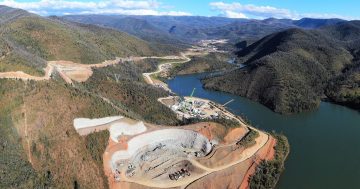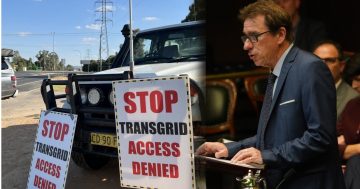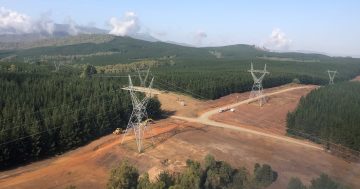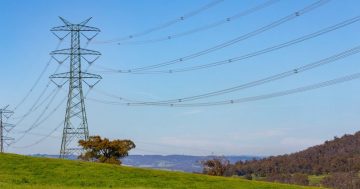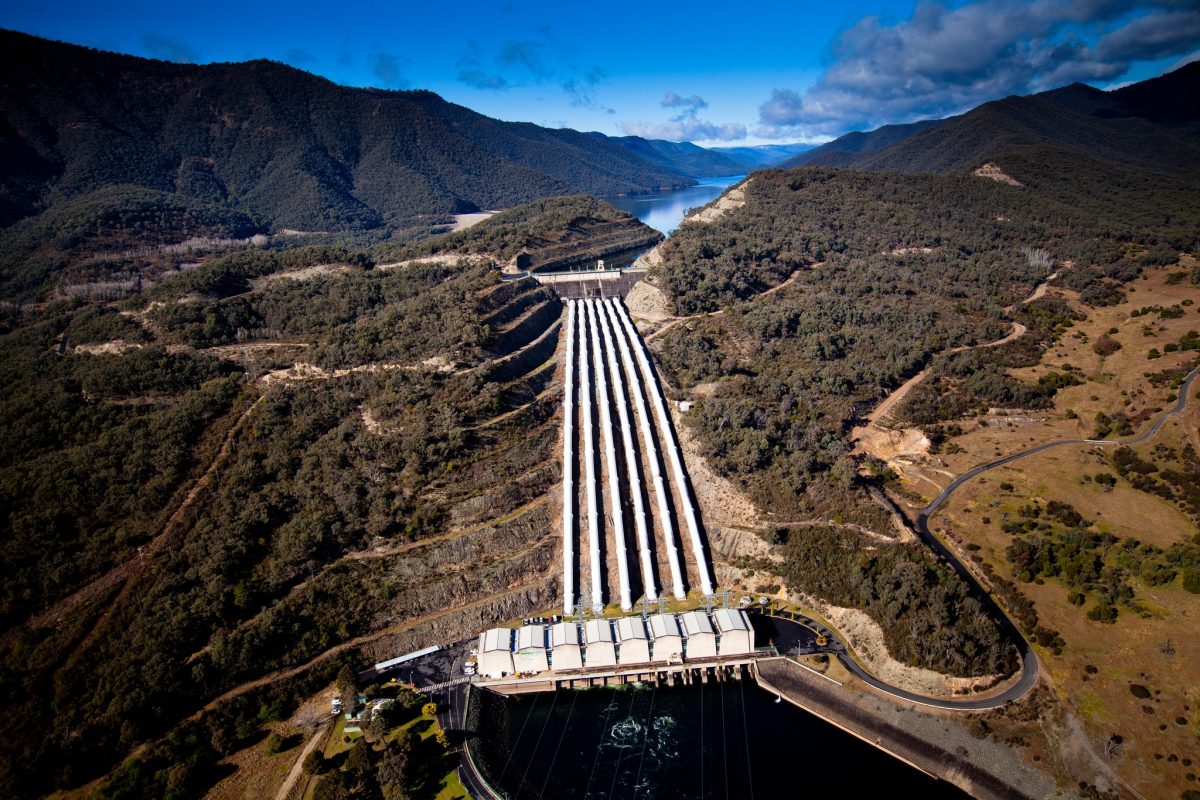
Snowy Hydro 2.0 is proving expensive. Photo: Snowy Hydro/Facebook.
Snowy Hydro 2.0 could be updating its price tag (again).
Once completed, the project will connect two reservoirs with underground tunnels and a new power station – and it’s proving expensive.
In 2023, the company announced that its cost had been revised to $12 billion.
At the time, it also announced that work carried out to the end of June 2023 had cost $4.3 billion, while the completion date was pushed out to 2028.
Now Snowy Hydro has announced it has directed principal contractor Future Generation Joint Venture (FGJV) to undertake a “comprehensive line-by-line” re-assessment of the project’s costs.
Chief executive officer Dennis Barnes said the major renewable energy project remained on track to meet the deadline.
“Since the reset, the project has generally been progressing well and is now 67 per cent complete,” he said.
“Despite disruption, including work stoppages due to safety concerns and continuing challenges with geology, we’ve been able to recover that time and get us to where we need to be in terms of schedule.”
However the company raised several “significant sources of cost pressure”, pointing to productivity targets being unfulfilled, the need for a fourth tunnel-boring machine (as well as the machines facing delays), work stoppages relating to safety concerns and unexpected supply chain issues as among its challenges.
“The reset was about getting Snowy 2.0 moving again by creating a more collaborative relationship with the principal contractor and achieving safe progress,” said Mr Barnes.
“We’ve done both, but the productivity uplift hasn’t been to the degree we needed.”
Earlier this year, a new Fair Work Commission enterprise agreement also came into effect.
Among its provisions are twice-yearly pay rises, following an 8.5 per cent pay increase in the first full pay period after the agreement went into effect.
That means, depending on their classification, workers will be earning between $43.77 and $58.96 per hour (before the increases bring their pay up to at least $52.30 over the four years).
At the time, Snowy Hydro did not respond to specific questions from Region including about the impact the new agreement would have on the overall cost.
Mr Barnes said while the decision to reassess Snowy 2.0’s cost was disappointing, it remained an important infrastructure project.
“Snowy 2.0 will be a cornerstone of Australia’s transition to renewable energy, providing more than half of the long-duration storage the grid needs by 2050,” he said.
“It will enable the introduction of more wind and solar by acting like a giant battery, storing and delivering enough excess energy to power around three million homes for a week.”
Minister for Climate Change and Energy Chris Bowen said the Federal Government would continue following developments in the project.
“When we came to government we discovered a project that had effectively stalled, amid poor planning and a lack of oversight under the former Coalition Government.
“Under us the project has made significant progress and is more than two thirds complete, safety at the site has significantly improved and transparency means we’re acting early to deliver best value for taxpayers.
“This costs reassessment is disappointing and the government will be scrutinising its findings – this project must be delivered, but it must come at value for the taxpayer.”
The announcement comes as the major project is being put under the microscope in an ongoing audit by the Australian National Audit Office.
The audit is examining if the 2023 reset was informed by sound planning and advice, and if Snowy Hydro Limited is effectively managing contract performance.
Original Article published by Claire Sams on About Regional.








